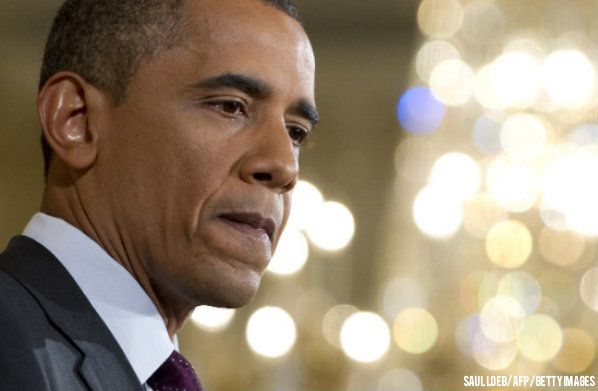The Washington Post’s Richard Cohen has been churlish so I won’t have to.
Cohen writes today about President Obama’s decision to return 5 percent of his salary to “share In the sacrifice,” as the “tone-deaf” White House puts it, of government workers hit by the sequester:
The president makes $400,000 a year. In addition, he is provided living quarters on Pennsylvania Avenue, several limos, a very nice (Rose) garden, an (Oval) office and some very nice bedrooms, one named for a former occupant, the late President Lincoln. The president also gets a $50,000 expense account and an additional $100,000 for travel. The average government worker, I dare say, does not get quite that much for travel and might have to live in his or her own home, invariably not on Pennsylvania Avenue, necessitating a tiring and expensive commute.
But wait: This president is independently rich. He is rich by dint of his own talent and industry, but rich is rich –- and you probably ain’t. Obama has made a small fortune in book royalties, and last year the president and Michelle Obama reported an adjusted gross income of $789,674. Without having to Google it, I can say that the Obamas made more than your average federal employee –- even including overtime.
So the $20,000 Obama is kicking back to the Treasury is a pittance that will not be missed. (What’s the difference between $789,674 and $769,674? Will the kids not go to camp?
Just a query: if the president has Air Force Onewhat why does he need that 100 K for travel?
I hesitated to blog on the president’s “sacrifice” because I’ve written a number of times that the first family might consider less lavish travel to show some affinity with average Americans in a time of economic downturn. So in a way he's doing this.
But the five percent cut is somehow offensive: it was announced as a sacrifice, which it is not. It seems to show that the president has more sympathy for government workers than he does for the rest of us. He can't be bothered to cut back just because the nation is suffering financially. But federal workers–well, that's different.
And I have to say: we pay our presidents well.
We also pay them the rest of their lives:
The retirement benefits received by former Presidents include a pension, Secret Service protection, and reimbursements for staff, travel, mail, and office expenses. The Presidential pension is not a fixed amount, rather it matches the current salary of Cabinet members (or Executive Level I personnel), which is $191,300/year as of March, 2008.
We also provide office space for the rest of their lives:
Rent for President Jimmy Carter's Atlanta office is $102,000 per year, according to 2010 figures compiled by the Congressional Research Service. President George H. W. Bush's Houston office costs $175,000 per year. President Bill Clinton's office in the pricey real estate market of New York City is $516,000.
We have always paid president’s well:
Adjusting for inflation, Thomas Jefferson and George Washington were the richest people to become president. (Incidentally, the pay they made in office was, for that time, nothing to sneeze at: $25,000).
Mary Todd Lincoln, by contrast, had to lobby Congress hard for a widow’s pension. She was awarded $3,000 for life—about $50,000 in current dollars.
The presidential pension is relatively new. Harry Truman had to move in with his mother-in-law to save money after he left the White House. Truman was finally granted a pension when Dwight Eisenhower signed a bill establishing presidential pensions. It was $25,000 a year, and Truman was grateful.
Ulysses S. Grant, who went to work after the presidency for a financial company that went bust, leaving him with huge debts, famously wrote his autobiography to provide for his family after his death.
We don’t want our former presidents to live in penury, but it does seem somehow unseemly that we pay so much for so long.
It might also be asked if it is a good idea for the very people who make financial decisions that will affect all of us to be so insulated from economic reality.
The nation needs to have a conversation about this, though it would be best if the conversation starts during a presidential election so that it won’t appear to be aimed at any one president.
But President Obama’s big sacrifice is really a reminder of how well we pay our presidents.


